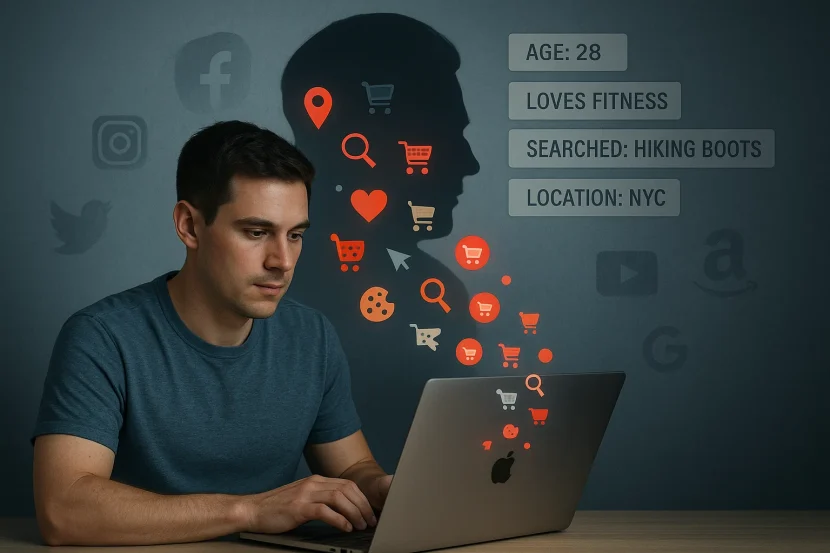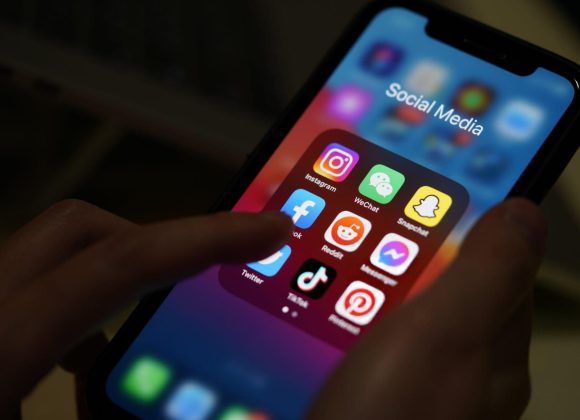Ever wonder why an ad for shoes pops up right after you talk about sneakers? Or how Netflix recommends exactly what you feel like watching? You’re not imagining things. Brands know more about you than you might think—and that’s thanks to a process called data profiling.
What Is Data Profiling?
Data profiling is the practice of collecting, analyzing, and categorizing your personal information—both online and offline—to build a detailed picture of who you are. This profile helps companies predict what you like, what you need, and what you’ll likely do next. It’s like a digital personality sketch created from your behaviors, preferences, and habits.
What Kind of Data Do Companies Collect?
You don’t have to fill out a form for companies to learn about you. They gather your data from multiple sources, including:

- Browsing history: Websites you visit, how long you stay, what you click
- Search queries: What you look up on Google or other platforms
- Purchasing behavior: Online shopping carts, purchases, returns
- App activity: Usage patterns from fitness apps, banking apps, or games
- Location data: GPS tracking from your phone
- Social media behavior: Likes, shares, comments, and even your network
- Device information: The phone, browser, or OS you’re using
🧠 Example: If you search for hiking boots, spend time on outdoor gear sites, and follow travel influencers on Instagram, your profile might flag you as a potential adventure-seeker—cue ads for mountain tours and waterproof backpacks.
How Is This Data Used?
Brands don’t just collect your data—they activate it in smart ways:
1. Personalized Advertising
The more they know, the more relevant the ad. That’s why ads seem eerily perfect—they’re tailored just for you.
2. Product Recommendations
E-commerce platforms like Amazon use data profiling to recommend products based on your browsing and buying behavior.
3. Price Customization
Some websites adjust prices based on your location, device, or purchase history. That flight might cost more if you’re using a Mac.
4. Customer Segmentation
Companies divide users into specific groups—like tech-savvy teens or health-conscious parents—and market to them accordingly.
Why Should You Care?
While personalized content can be helpful, data profiling raises major privacy concerns. Most users have no idea how much data is collected or shared. These profiles can be leaked or misused, used to manipulate your choices, or even lead to biased treatment—like unfair pricing or loan decisions.
How to Protect Yourself
You can protect your data without quitting the internet. Start by reviewing app permissions, using privacy-focused browsers like DuckDuckGo, clearing cookies often, and turning off ad personalization. A VPN can hide your location, and tools like Privacy Badger or uBlock Origin block trackers automatically.
Final Thoughts
Data profiling isn’t all bad—it helps brands serve you better and streamline your online experience. But when left unchecked, it can feel invasive and manipulative. Understanding how your data is collected and used gives you power—and options. You don’t have to go off-grid. Just be smarter with your clicks.




